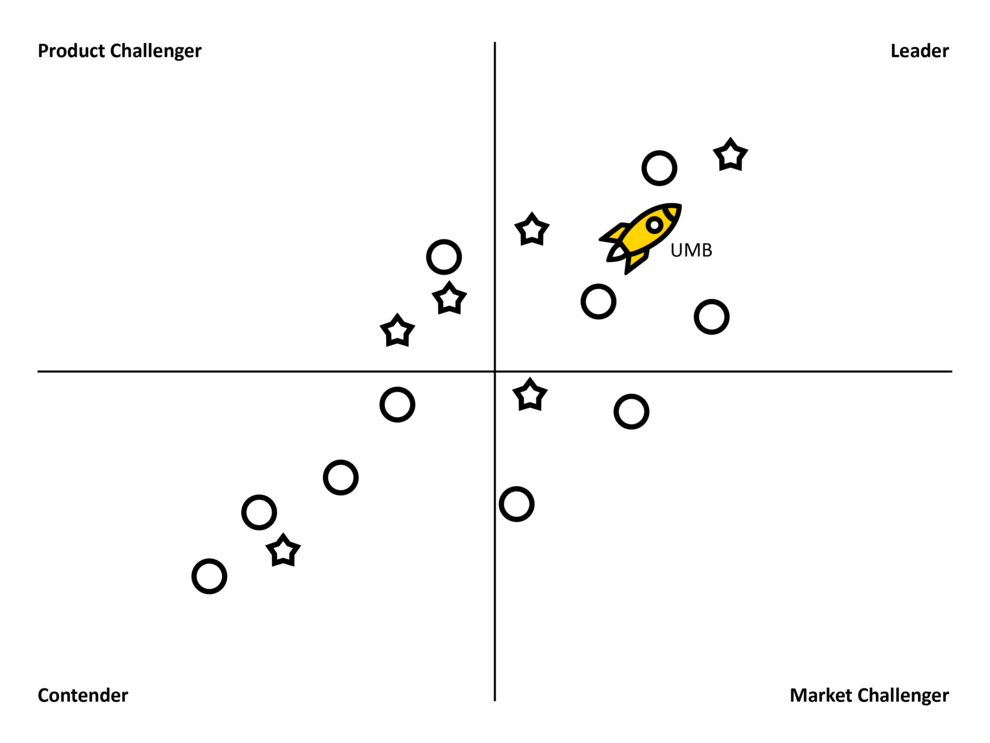Hybrid-Cloud, Multicloud, and Colocation for Your Connection to the World.
Companies that log on to the right service can exchange data with a wide variety of clouds and their own branch networks in different locations - often via software-defined platforms and a single connection to the outside world. In the age of multicloud and hybrid cloud environments this is easier and more efficient than ever before.
#Cloud Services #Cloud Strategy #Equinix #Hybrid Cloud
Companies, public organizations, or government agencies: They all need their own data centers or have to be able to access the facilities of other providers [1]. Some build the required capacity themselves, others rent servers in colocation facilities, and still others use cloud-based services from hosts such as Amazon, Microsoft, Sony or Google. Keywords that keep popping up in this context are multicloud, hybrid-cloud, and colocation. All these services are offered by data centers whose business model it is to connect companies to the world. There are various approaches to this; it is important to make sure they are easy to implement, reliable, and efficient.
Hybrid is multi, but multi is not necessarily hybrid
IT environments that use both public and private cloud infrastructures without providing direct data exchange capabilities are multicloud environments. In contrast, a hybrid-cloud environment consists of a local infrastructure and private and public cloud services (for example, Microsoft Azure or AWS) managed at the same level, with communication as its strong point. In the hybrid-cloud, applications and components are able to interact between local infrastructures, cloud instances, and even between architectures. This provides high agility in workload allocation as well as increased scalability and resilience.
Hybrid-clouds and multiclouds are not mutually exclusive. A hybrid cloud model is also a multicloud model, according to the definition of a multicloud environment. The opposite is usually not the case. However, a multicloud configuration can be turned into a hybrid-cloud.
The colocation business model
Data centers are something like the backbone of the world's digital infrastructure, and as computing demand continues to grow, there are more and more of them. Data center space doesn't have to be built and operated by the user - that's what the colocation model stands for. It's about allowing companies to rent space for servers and other computing hardware: The colocation provider provides the building, bandwidth, power, and cooling, as well as security; the customers supply computing power, servers, and storage. With colocation and interconnection, the distance between users, clouds, ecosystem partners, and customers can be significantly reduced, resulting in higher performance and lower network latency. Colocation is attractive for companies that do not want to be burdened with the capital expenditures or maintenance required to build a large data center. Cloud service providers are an important user group. Amazon AWS, Microsoft Azure, Oracle, Verizon, Zoom Video Communications, Salesforce and UMB are all using colocation services.
Growth is pre-programmed
In Switzerland, UMB works closely with Equinix [2], one of the leading companies when it comes to data center colocation and enterprise networking. Equinix operates data centers that enable companies to securely store and distribute data. These include digital business platforms where companies come together with partners and vendors to accelerate digital transformation - through a single connection to the world. The company currently operates in 55 metropolitan areas in 26 countries on five continents and operates more than 200 data centers globally. In Switzerland, Equinix runs five data centers with more than 13,000 square meters of colocation space. This is more data center space than any other provider in Switzerland offers, with groundbreaking network density.
We at UMB are data center, cloud, and connection specialists. We have the best partners, the necessary know-how and the appropriate infrastructure to provide you with the right data center services. Please contact us.
[2] IDC recognized Equinix as a leader in colocation and interconnection services


